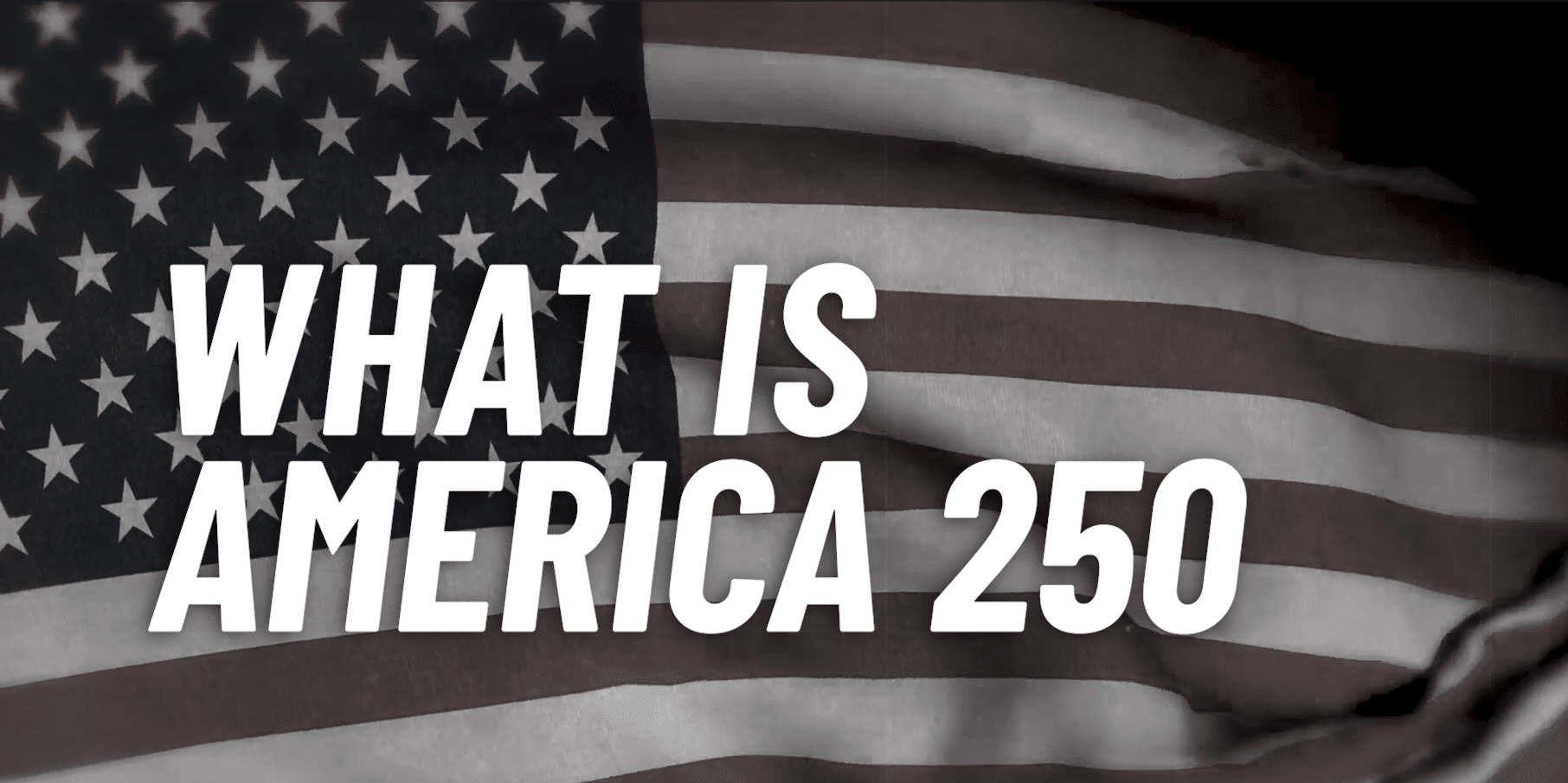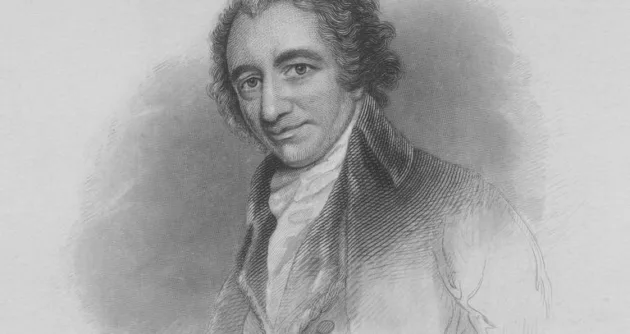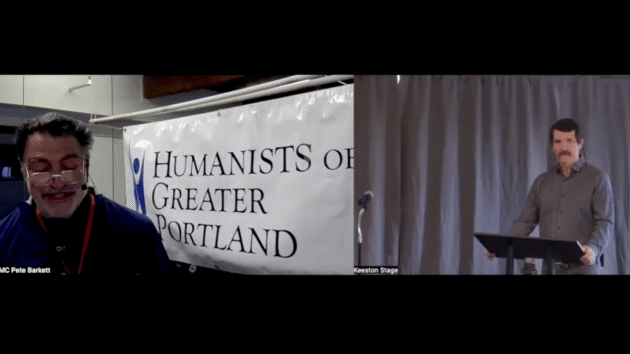What the U.S. Constitution Doesn’t Say
Do you know what’s not mentioned in the U.S. Constitution? For one thing, government by the people. Even though politicians, boy scouts, and classes teaching to the test insist that democracy is a cherished first principle in this country, it’s not an ideal that was embraced by the Federalist founders. And they didn’t include it in the frame of government. In fact, James Madison, the man who wrote the Constitution’s first draft, spoke at the Philadelphia Constitutional Convention in 1787 about how his fellow wealthy Federalists should go about the job of inventing a new government. He said:
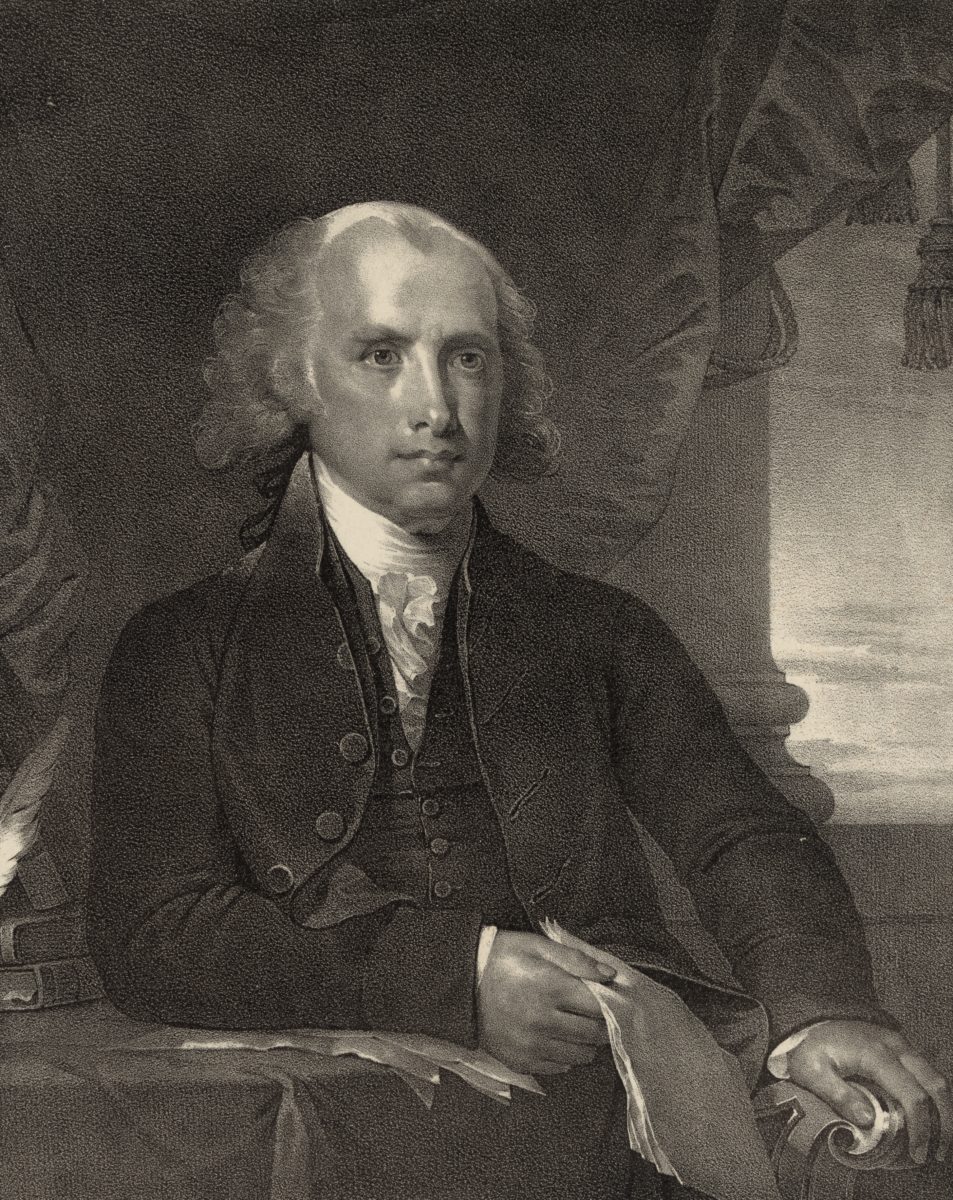
“. . . if elections were open to all classes of people, the property of the landed proprietors would be insecure. … Landholders ought to have a share in the government, to support these invaluable interests and to balance and check the other. They ought to be so constituted as to protect the minority of the opulent against the majority.”
When the colonists rebelled against the British Empire, the first complaint they listed in the Declaration of Independence was the king’s denial of their right to make laws. Not state laws; there were no states. Not national laws; there was no nation. Colonists said that their communities had the legitimate authority to govern their affairs without interference from the empire’s control center in London and they were mightily miffed that the king routinely preempted their local laws. They waged a war of secession from the British Empire to secure the right of local self-government. The grievance they brought against the empire for denying this right said of the king:
“He has refused his Assent to Laws, the most wholesome and necessary for the public good.”
What they got instead is Federalism. Top-down authority, with their aspirations for community self-government “checked and balanced” in deference to the wealthy upper class. Perhaps the simplest way to understand what the agenda of the Federalist constitutional framers was all about is to notice that the agenda of their decedents in the modern Federalist Society is to regularly advocate for policies that privilege the wealthiest members of society by blocking the use of public monies for social programs benefiting poorer members and opposing policies that enhance democracy.
Twenty years after ratification of the Federalist’s constitution, a legal doctrine was developed by the Supreme Court’s Joseph Story and John Marshal that blatantly eradicated the right of local self-government from any possible interpretation of the Constitution. The 1819 Dartmouth v. Woodward decision turned business corporations into constitutionally recognized self-governing sovereignties whose charters of incorporation were now deemed contracts with the incorporating state, and at the same time turned municipal corporations, the seat of community governance, into state property devoid of self-governing rights.
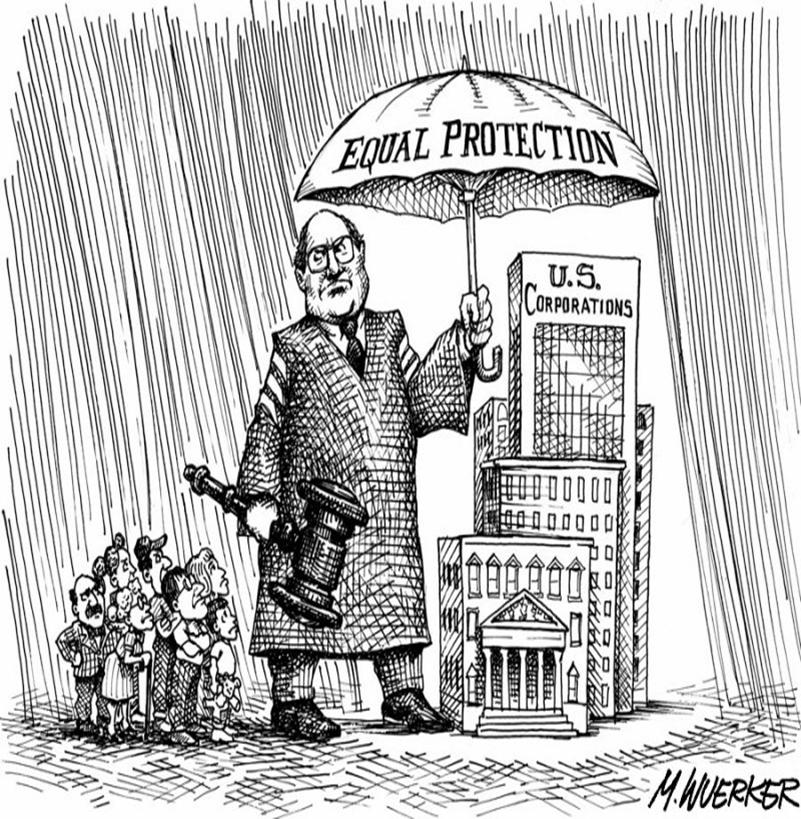
The resulting anti-democratic legal doctrine says that every municipality in the U.S. is a public corporation owned by the state where it’s located, and its human residents are mere “tenants” living within the jurisdiction of the municipal corporation, where they have no local citizenship nor a right to govern the municipality. This aspect of the Dartmouth ruling was overshadowed by its better-known corporate charters = contracts outcome for forty-nine years, until Iowa State Supreme Court judge John Forrest Dillon invoked it to help a railroad corporation veto a municipal law that the city of Cedar Rapids had enacted to regulate railroads. Dillon’s ruling was nationalized by the U.S. Supreme Court a generation later, which means that even if you believe you don’t live in a Dillon’s Rule state, you do.
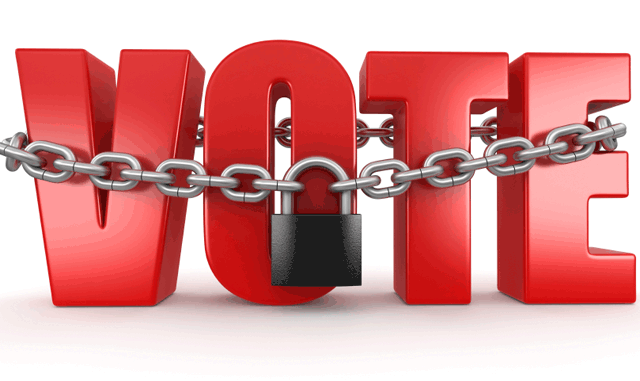
Based on Dillon’s Rule, every state has the power to override the wishes of whole communities, even to the point of removing their elected officials and appointing replacements, or dissolving municipalities and annexing them to another, against the wishes of the disbanded municipality’s residents. That seems at odds with the goals of the American Revolution expressed in the Declaration of Independence. Wouldn’t you say?
Judges Play Ventriloquist with the U.S. Constitution as Dummy
The U.S. Constitution doesn’t mention Dillon’s Rule. Nor does it mention public municipal corporations. In fact, it doesn’t mention business corporations either. The distinction between the two types of corporations was invented by the Supreme Court in that 1819 Dartmouth case. Another thing the Constitution doesn’t mention is political parties. Here’s the connection: although political parties are in charge of elections and the whole of the U.S. government, occupying every one of its public offices, they are private corporations and not mentioned in the Constitution ratified in 1789. And, like all business corporations, the political parties are private, self-governing corporations, in contrast to the states’ chattel municipal corporations.
Worth noticing, Supreme Court judges invented these foundational elements of U.S. political life without being heckled by mobs in the street. There were no massive protests demanding corporate property be treated just as well as people. Nobody went on strike to demand our right to have political parties running elections and picking candidates for us. And, as we know, the first demand of the revolutionaries was a right of local self-government. Average Americans didn’t suddenly change their minds once they got a constitution. No one agitated for their states to veto municipal laws when they interfere with corporate money-making.
Tellingly, it’s only when the people demand rights for themselves that they’ve had to wage multi-generational campaigns for constitutional recognition of those rights. For women, gays, the enslaved, the homeless, disabled, establishing legal rights has demanded of them often brutal confrontations with an unyielding legal system and country-wide social inertia to win even partial rights. And unlike Dillon’s Rule, corporate personhood, political parties, and gerrymandering, rights won by the people can be taken back, as we saw with Roe v. Wade.
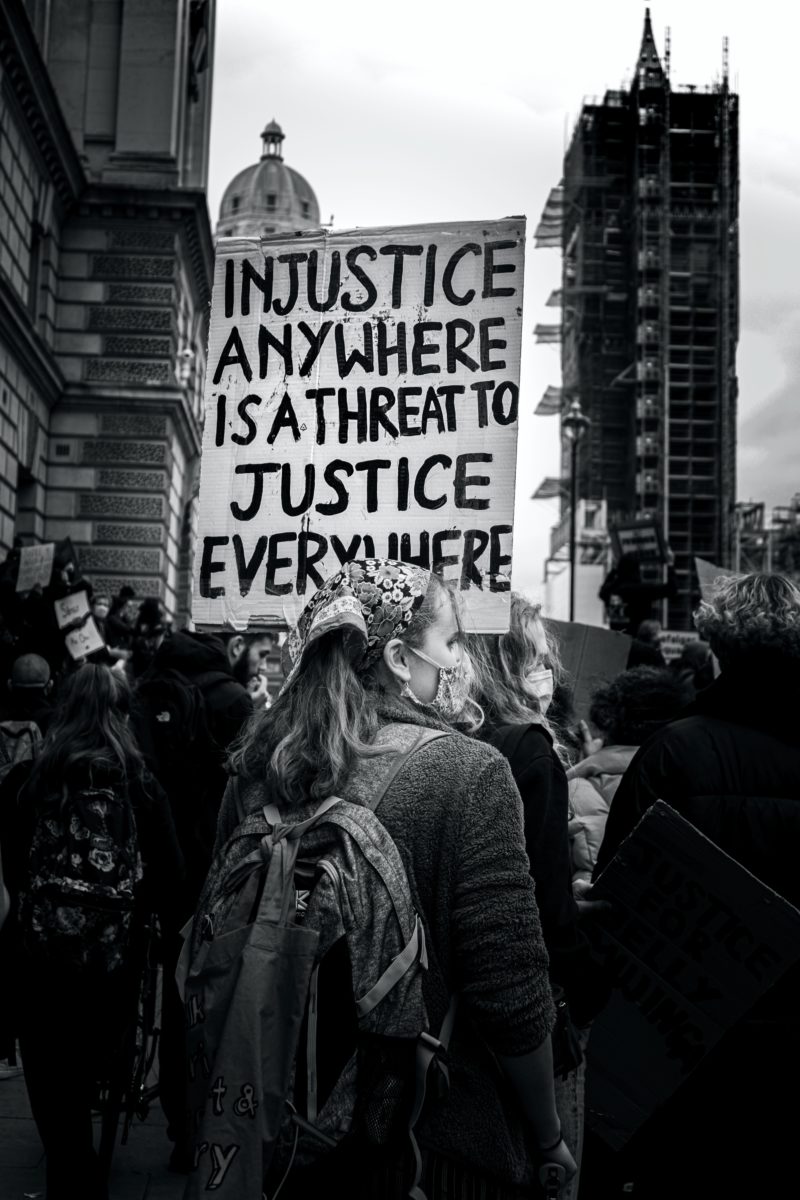
So if you’re looking for self-governance somewhere in the U.S. although you won’t find it in the public sphere, having been routed from municipalities and having never existed at the state or federal level, it is on flamboyant display in the internal governance of business corporations and political parties. There, liberty abounds.
You may remember back to 2017 when there was a hullabaloo about the Democratic Party rigging the primary election rules to favor Hillary Clinton over Bernie Sanders. Never mind if you supported or loathed either one of them. That’s not the point. In a court hearing against the chair of the Democratic National Committee, Debbie Wasserman Schultz, her attorneys said that “the party has every right to favor one candidate or another, despite their party rules that state otherwise because, after all, they are a private corporation and they can change their rules if they want.”
No, really. And it’s no different for Republicans. Like other private corporations, political parties are unambiguously corporate parties. As corporations, the parties are also a kind of property known as privileged property, (See “Wouldn’t You Say? – Property”) which is infused with legal authority to transfer great social and political power to its owners.
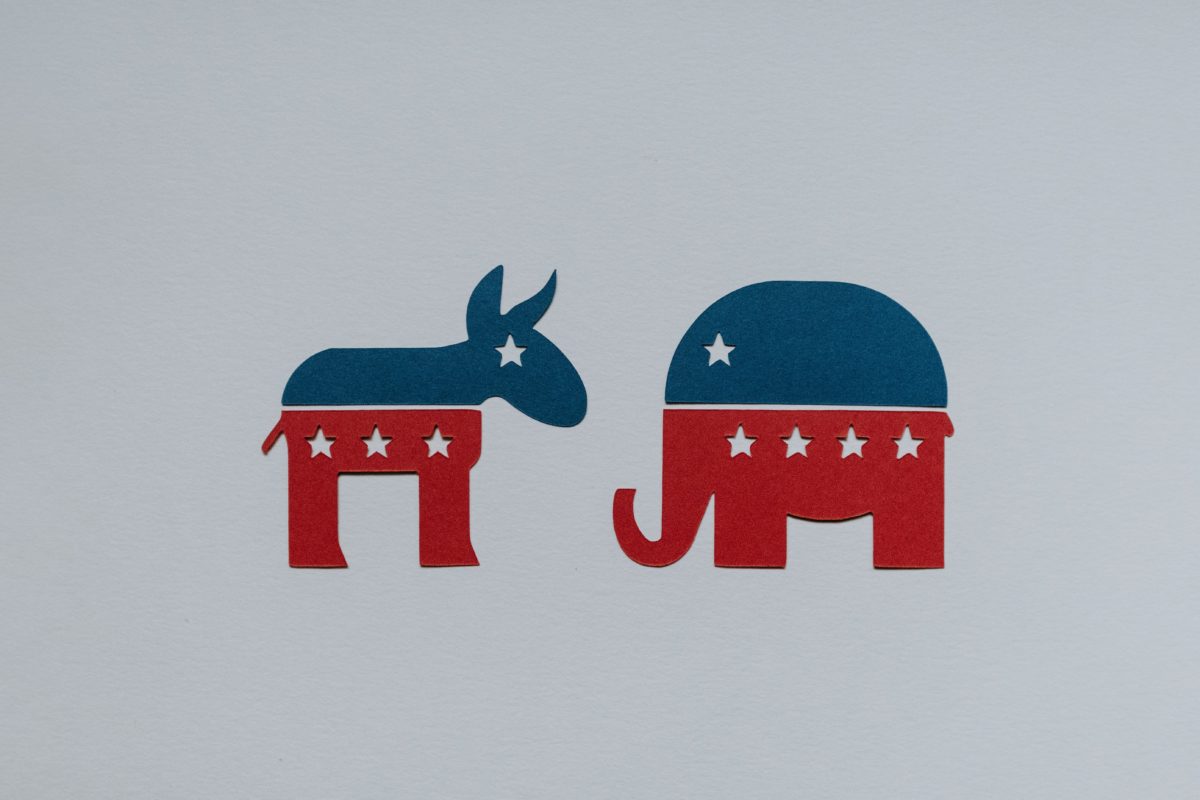
For instance, the privileged property known as a political party empowers its owners to choose which candidates eligible voters may cast ballots for. It’s one of wealth’s perks for having their interests over-represented at the founding constitutional convention.
Here’s the point: none of these things – self-government, Dillon’s Rule, corporations (private or public), political parties – are mentioned in the U.S. Constitution, because that’s not where real political power is defined. Without precedent or popular support (as in the case of overturning the Roe v. Wade decision, or a decade earlier in the Citizens United case), politically appointed judges threw their voices and conjured up whole new artificial constitutional dogma by trash-talking them into existence. And although they have no constitutional basis, subordination of community municipal government to the self-governing institution of the private business corporation, and control of the electoral process by private, business-run political parties, define the true power behind the government of the United States, over all of its thousands of municipal colonies, and over the whole of its natural environment.
It’s impossible to understand how things got so far removed from the revolutionary vision of the Declaration of Independence unless we are willing to set aside national fairy tales and look honestly at how law works in the United States, and for whom. Given the facts, it all seems inconsistent with the hype about democracy in the U.S. Wouldn’t you say?
The United States is a Potemkin* Democratic Republic
As they say, it gets worse. I can’t tell you the number of times I’ve heard folks who don’t want to hear criticism of the U.S. government’s lack of oversight by we the people quibble that the “founding fathers” wisely chose not to create a democracy. It goes like this: “We were never intended to be a democracy; the U.S. was established as a democratic republic!” Well, if it’s true that an all-white male conclave of slaveholders knew better what the people needed than those who fought the revolution, then let’s go find the democratic republic they made. Everything real can be located in a particular time and place, or it’s just an idea.
Is it here in my hometown? Nope. It’s not to be found where you live. We’ve briefly covered that ground, above. Then surely it must be inhabiting your state capital, or the capitol in Washington D.C, where representatives chosen by the two corporate parties and selected by you make laws ostensibly with your best interests in mind.
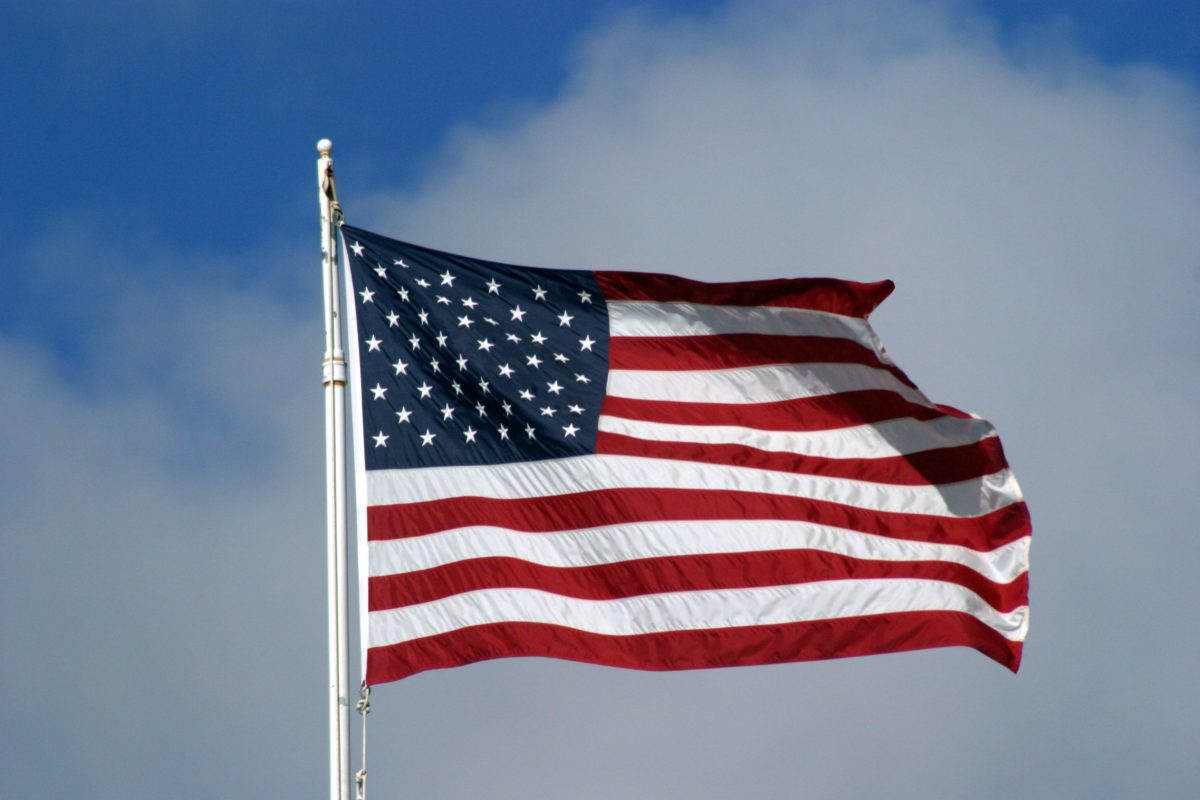
If you’re hoping your federal or state government is where you can find that democratic republic, you should get clear about how so-called “representation” works. In 1887 one writer for organized labor noted:
“The members of the [state] legislature were not chosen, as at present, by divisions of counties, but were elected by the county on what we would call a general ticket— so that they represented not a mere number of individuals, but the counties or groups of associated individuals. Not till 1846 were the supervisors authorized, in this State, to divide counties into election districts.”
J. Bleeker Miller, Trade Organization in Politics or Federalism in the Cities, 1887, pp 13-14
So, before the political corporate party system inaugurated its strategy to carve-up voting districts every ten years to establish ideologically biased voting blocks, in a process we today call gerrymandering, communities could organize to lobby their representatives on issues of local concern. But when community boundaries were no longer respected and neighborhoods were dispersed among various election districts for mere numerical parity, communities lost their political cohesiveness and people could no longer use grassroots leverage to prevail on their representatives to act on behalf of the community’s needs.
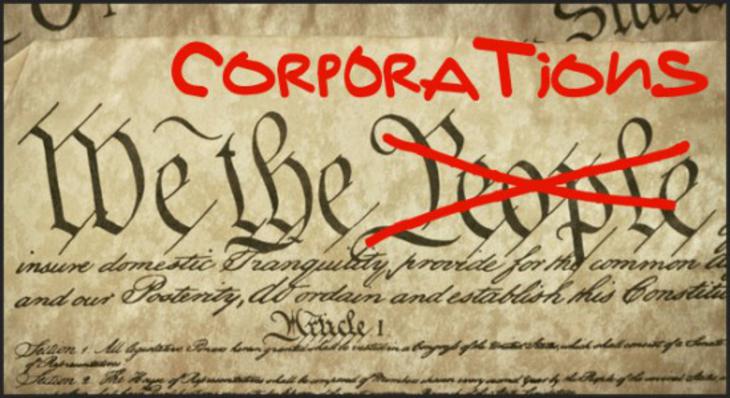
There’s a lot more to say about all this, so the reader is encouraged to learn more about the legal mechanisms and doctrines that make true representative government impossible under the thumb of U.S. legal doctrines amended to the Constitution by unelected judges. One thing is obvious: Representatives who are supposed to lobby in your name for good public policies are themselves lobbied into submission by professionals working for private corporations and well-represented by the corporate political parties with agendas regularly at-odds with your community. The results are anything but democratic. Wouldn’t you say?
*An inaccurate or tortured interpretation and/or application of a particular legal doctrine; any construction (literal or figurative) whose sole purpose is to provide an external façade.

